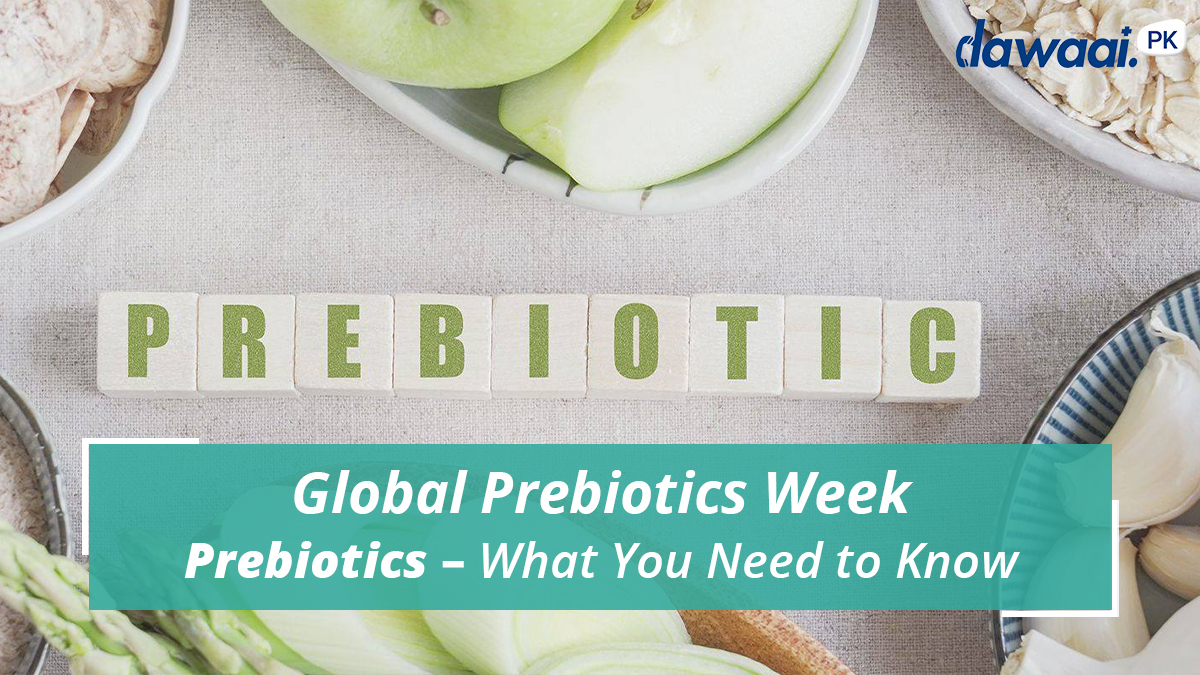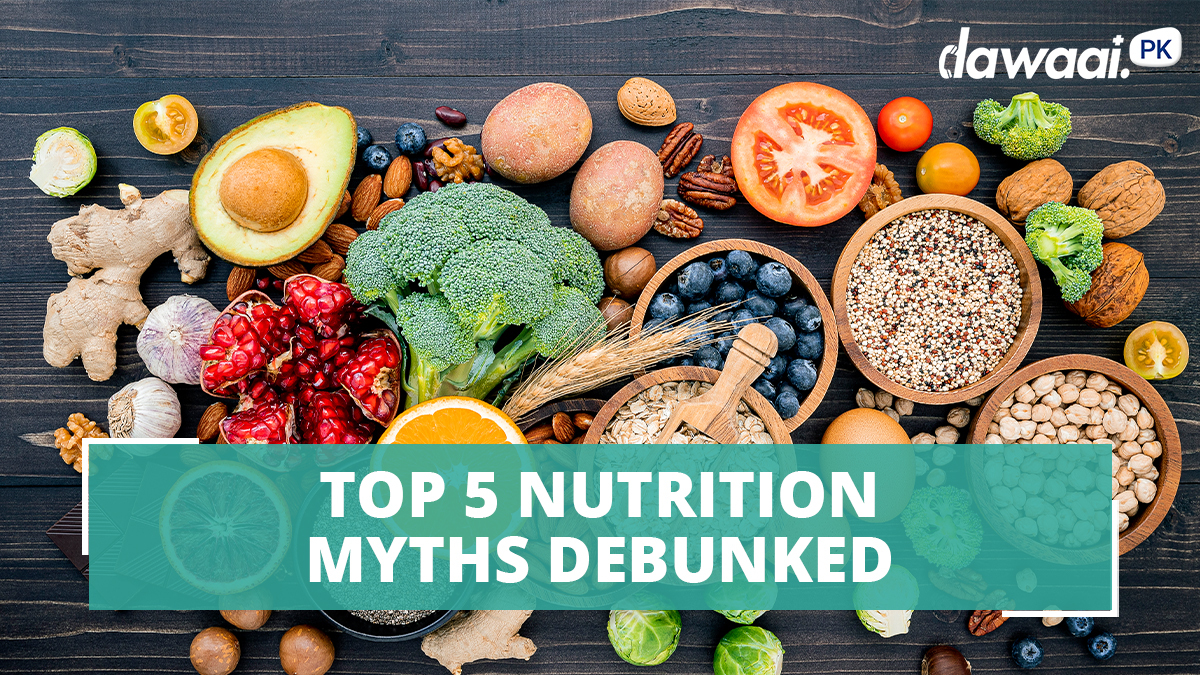Prebiotics – What You Need to Know
In addition to raising awareness about the importance of prebiotics, this Global Prebiotics Week, we aim to give people an opportunity to make better food and ingredient choices, and to explore about how our bodies use food and about the novel wonders of the microbiome.

What Are Prebiotics?
Prebiotics are specialized plant fibers that aid in the growth of beneficial bacteria in the gut. This improves the efficiency of your digestive system. Both prebiotics and probiotics are beneficial to the gut but in distinct ways. Prebiotics provide food for the beneficial bacteria in your gut. They are carbs that your body is incapable of digesting. As a result, they travel to the lower digestive tract, where they act as food for the beneficial bacteria.
Benefits of Prebiotics
Prebiotics can aid in calcium absorption, slow the rate at which food spikes the blood sugar, and ferment foods more quickly, allowing them to pass through the digestive system more rapidly. Additionally, they can feed the beneficial gut bacteria. This helps prevent constipation and maintains the intestinal cell’s health. Beneficial bacteria in the gut will grow and produce health-improving compounds as one consumes prebiotics.
Organic compounds such as short-chain fatty acids produced by beneficial bacteria, such as those found in prebiotic foods, are indeed greatly aided by prebiotic foods. One should make an effort to obtain prebiotics from whole foods, as they also contain beneficial vitamins, minerals, and antioxidants.
Why is it important to keep the gut healthy and what does it do for your body?
Vast amounts of bacterial cells make up the gut microbiota, and they play a range of significant roles in the human body. A diverse and balanced microbiome has many benefits outside of the gut, and it’s impossible to live without it. The gut performs vital functions which include:
- Contribute to metabolic disease prevention
- Contribute to the maintenance of a healthy body weight
- Improve the immune system’s performance by training it to function optimally.
- Defend your body against pathogens that could make you sick
Prebiotics Foods
You probably already consume prebiotics without even realizing it because they naturally occur in plant foods, and milk too. The most stable sources of prebiotics are specific types of dietary fiber because they are less sensitive to heat and age, compared to say, polyphenols, which are plant nutrients that can be affected by cooking.
However, just because many fibers are prebiotics doesn’t mean that all fiber is prebiotic. Some insoluble fibers can’t be broken down by gut microbes. That’s okay because they give mass and bulk to your stools, like psyllium husk and hemicellulose. They help you to have regular bowel movements, thus preventing constipation and abdominal discomfort.

When to take prebiotics and how?
The majority of people do not consume the daily recommended amount of fiber, which means they are not eating enough plant-based foods. This also means they deprive their gut microbiomes of prebiotics by doing so. The majority of people can obtain prebiotics by setting a goal to meet the recommended daily fiber intake. Adults should consume between 25 and 38 grams of fiber per day. Consuming whole grains and a variety of fruits and vegetables is frequently the most effective way to accomplish this goal. Numerous prebiotic supplements contain approximately four to five grams of prebiotics per day. If you decide to take a prebiotic supplement, begin slowly, perhaps once daily, and monitor your body’s response. If you experience gas or bloating, reduce your dose in half.

By: Sanya Zahid
Citations
Davani-Davari, D. et al., 2019. Prebiotics: Definition, types, sources, mechanisms, and clinical applications. Foods (Basel, Switzerland). Available at: https://www.ncbi.nlm.nih.gov/pmc/articles/PMC6463098/.
Edermaniger, L., 2021. Pre and probiotics: What are they and how do they work? [infographic]. Atlas Biomed blog | Take control of your health with no-nonsense news on lifestyle, gut microbes and genetics. Available at: https://atlasbiomed.com/blog/what-are-pre-and-probiotics-which-foods-and-how-do-they-work/.
FWD, 2021. 25 best Prebiotic Foods & Supplements. FWDfuel Sports Nutrition. Available at: https://www.fwdfuel.com/best-prebiotic-foods-and-supplements/.
MedicalNewsToday , 2018. Prebiotic vs. probiotic: Differences, benefits, and foods. Medical News Today. Available at: https://www.medicalnewstoday.com/articles/323490.
Smiley, B., 2017. How much fiber per day? Grams, sources, benefits, and more. Healthline. Available at: https://www.healthline.com/health/food-nutrition/how-much-fiber-per-day.
Stewart, L., 2021. What is fiber and why is it important for health? Atlas Biomed blog | Take control of your health with no-nonsense news on lifestyle, gut microbes and genetics. Available at: https://atlasbiomed.com/blog/what-is-fiber-and-why-is-it-important-for-gut-health/.
WebMD, How your gut health affects your whole body. WebMD. Available at: https://www.webmd.com/digestive-disorders/ss/slideshow-how-gut-health-affects-whole-body.




